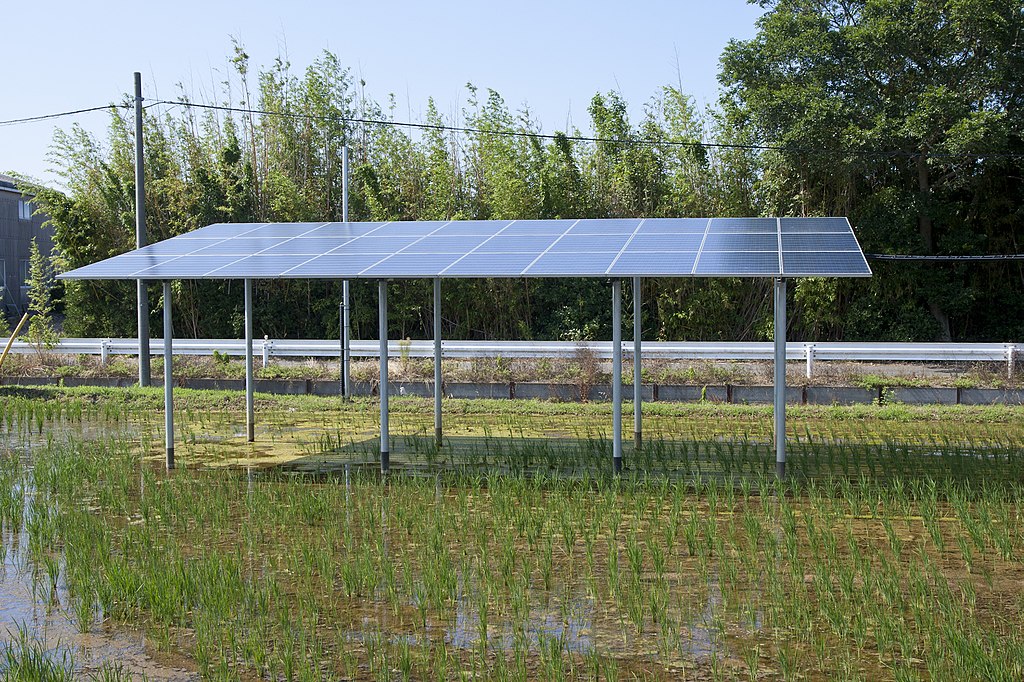As Japan continues to make strides in its transition to renewable energy, solar power stands out as a significant contributor to the country’s green energy supply, outpacing all other renewable sources. However, as the country aims to achieve its ambitious target of raising the renewables share in its power mix to 36-38% by 2030, peculiar challenges in the solar sector have emerged.
The slow progress in bringing all renewables capacity with tariff licenses into operation has prompted the government to take action. With over 8.9 GW of certified capacity still unused, METI is starting to revoke licenses for projects that have not made progress or met promised deadlines; the goal is to ensure that the solar sector operates more efficiently and transparently.
One notable area that has faced challenges is agrisolar, which is the combination of solar energy and agriculture. While this innovative concept has the potential to make use of abandoned farmland and promote sustainable agricultural practices, there have been instances of non-compliance with regulations, leading to license revocations.
To address this issue and promote the right approach, several large Japanese companies have joined the agrisolar sector, developing and testing new technologies that prioritize crop growth while generating solar power.

